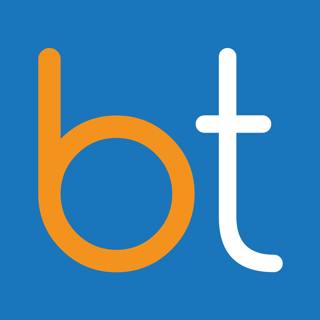
Ep. 606 Building a Case Video Library with Dr. Rusty Hofmann
The modes and methods of medical education have changed drastically in the past decade. Social media, podcasts (like this one), and other on-demand learning formats have fundamentally shifted how heal...
11 Jan 51min

Ep. 605 Advanced Surgical Approaches in Lung Cancer Management with Dr. Scott Atay and Dr. Scott Oh
Is the open thoracotomy becoming outdated as robotic surgery and advanced ablation techniques take center stage in lung cancer treatment? In the final discussion of the 2025 NSCLC Creator Weekend™ ser...
9 Jan 1h 16min

Ep. 604 Mythbusters: Provocative Mesenteric Angiography for GI Bleeds with Dr. Sabeen Dhand
A negative angiogram in a patient with recurrent lower GI bleeding often calls for provocative angiography. In this episode of the BackTable Podcast, IR hosts Mike Barraza and Sabeen Dhand team up to ...
6 Jan 37min

Ep. 603 Biopsy and Ablation Decision-Making in Lung Cancer with Dr. Alan Lee, Dr. Scott Oh, Dr. Rob Suh
Why might simultaneous ablation and biopsy be the new standard for high-probability lung cancer cases where surgery isn’t an option? In the penultimate episode of the 2025 NSCLC Creator Weekend™ serie...
2 Jan 39min

Ep. 602 Managing Neuroendocrine Tumors in Interventional Radiology with Dr. Daniel DePietro
What considerations drive your decision between bland embolization, TACE, and radioembolization in managing neuroendocrine tumors? In this BackTable episode, Dr. Daniel DePietro, interventional radiol...
30 Dec 20251h 21min

Ep. 601 Revenue Cycle Management: Key Strategies for Healthcare Success with Laurie Bouzarelos MHA, CPC, FACHE
The ultimate challenge of operating an OBL is staying profitable. In this episode of BackTable, we bring on healthcare administrator Laurie Bouzarelos and interventional radiologist Dr. Mary Costantin...
26 Dec 20251h 40min

Ep. 600 Exploring Artificial Intelligence Utility in Endovascular Procedures with Dr. Emil Cohen
OpenEvidence was founded in 2022. In just 3 short years, it has become a household name amongst aspiring and established healthcare providers. AI-based tools are now being used to augment workflows, i...
23 Dec 202557min

Ep. 599 Lung Ablation: Techniques, Challenges, & Best Practices with Dr. Alan Lee, Dr. Scott Oh, and Dr. Rob Suh
Collaboration between interventional radiology and radiation oncology has enabled high-dose brachytherapy in central lung lesions that were previously untreatable. This episode of the 2025 NSCLC Creat...
19 Dec 202539min






















